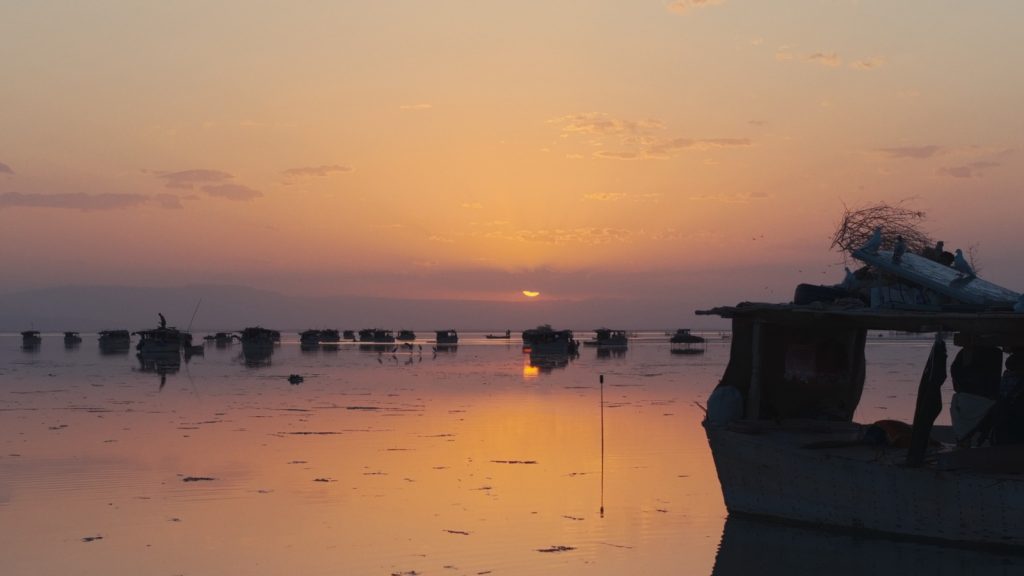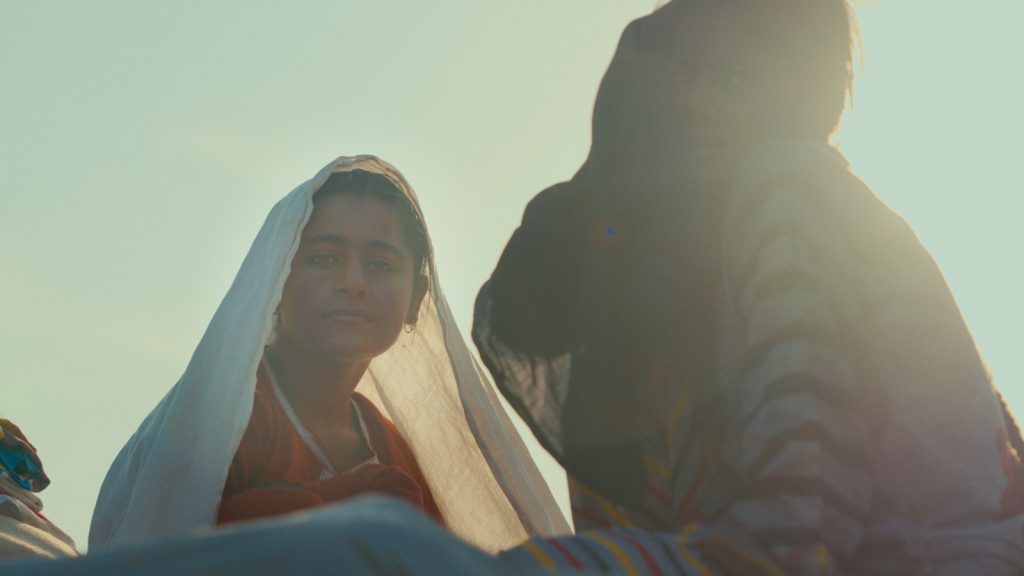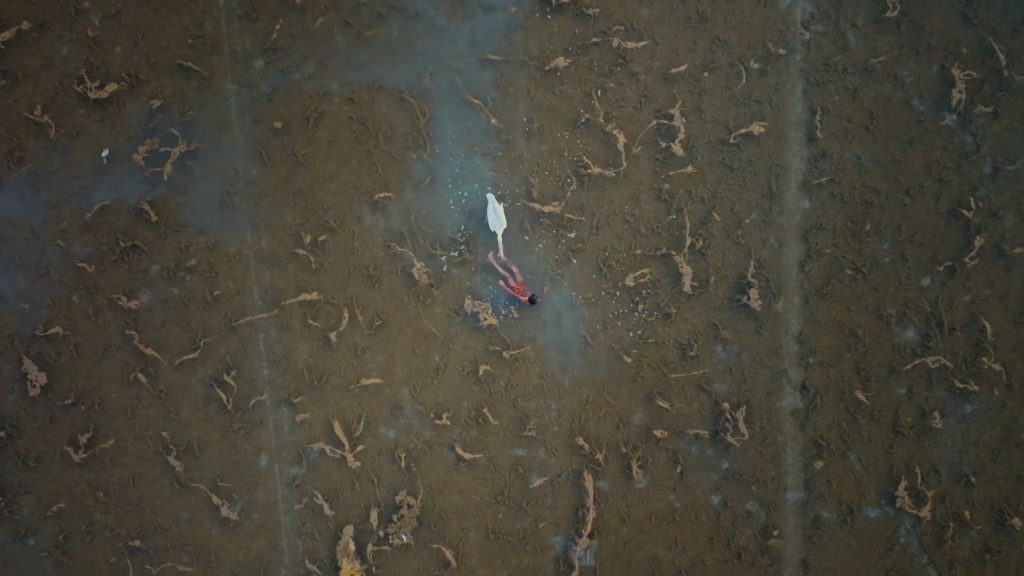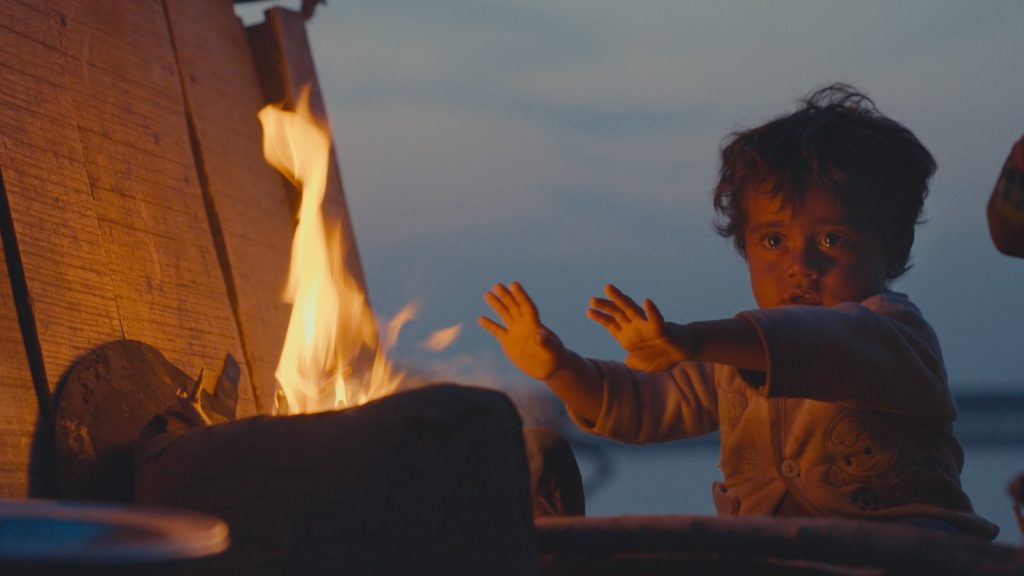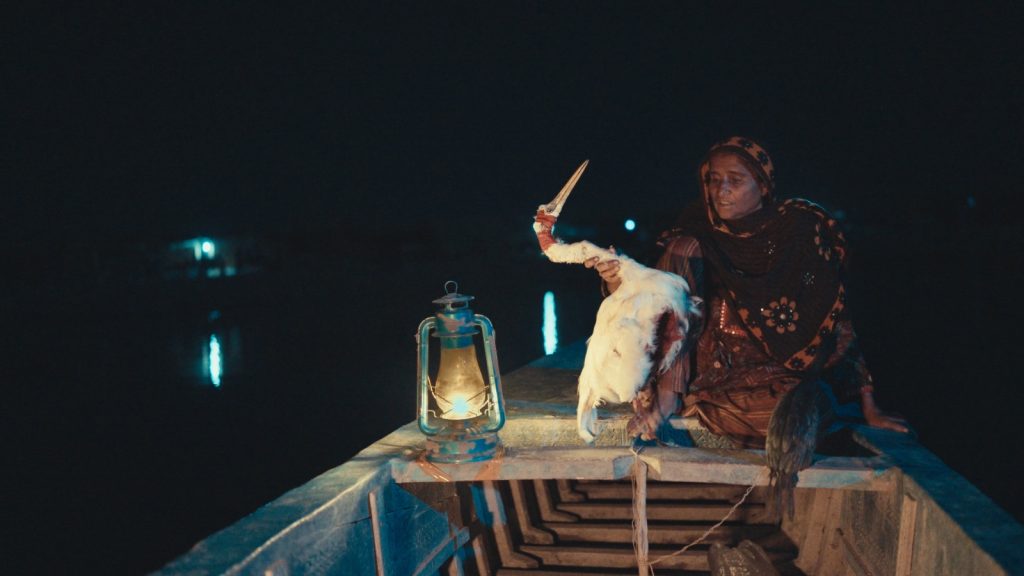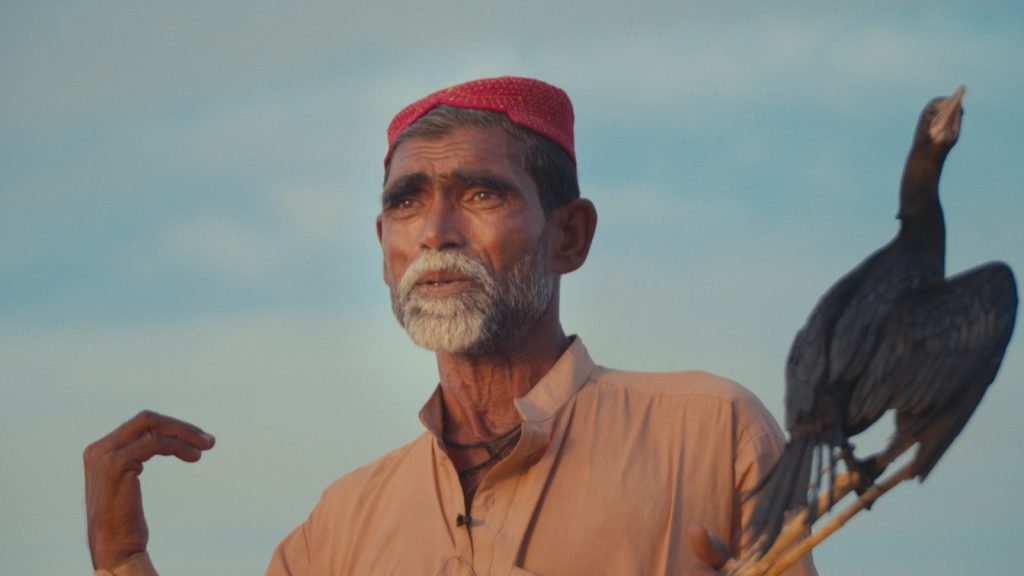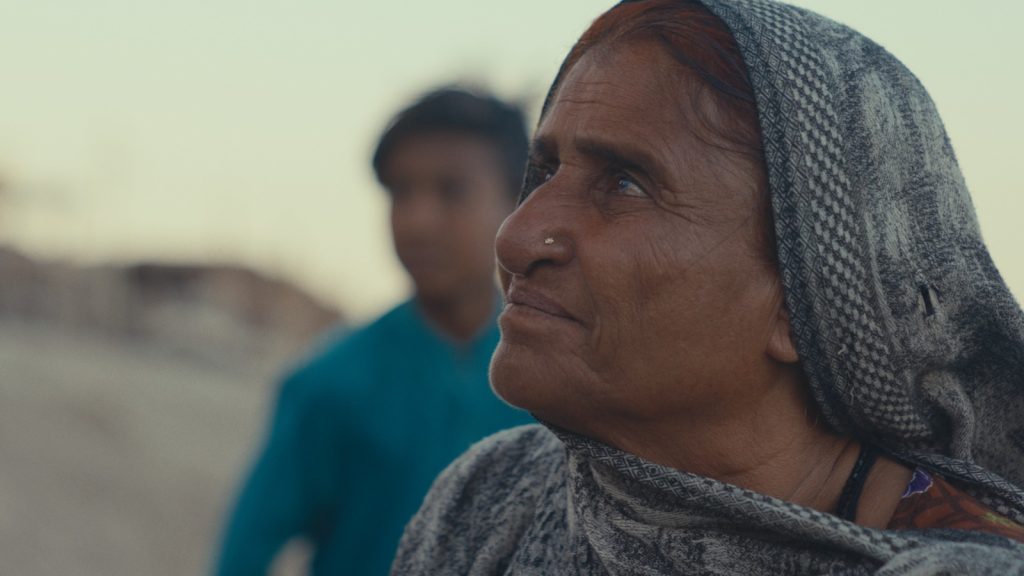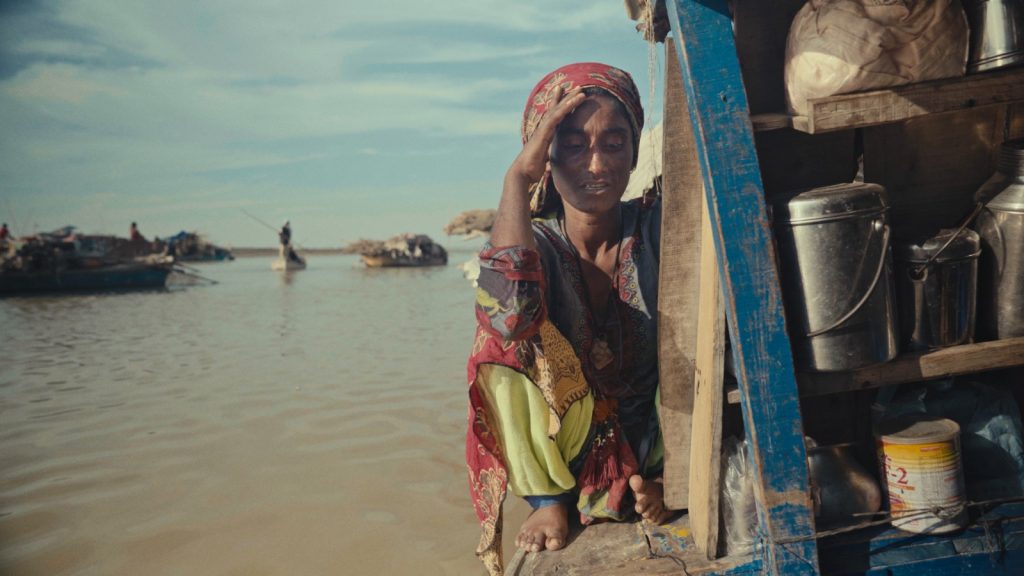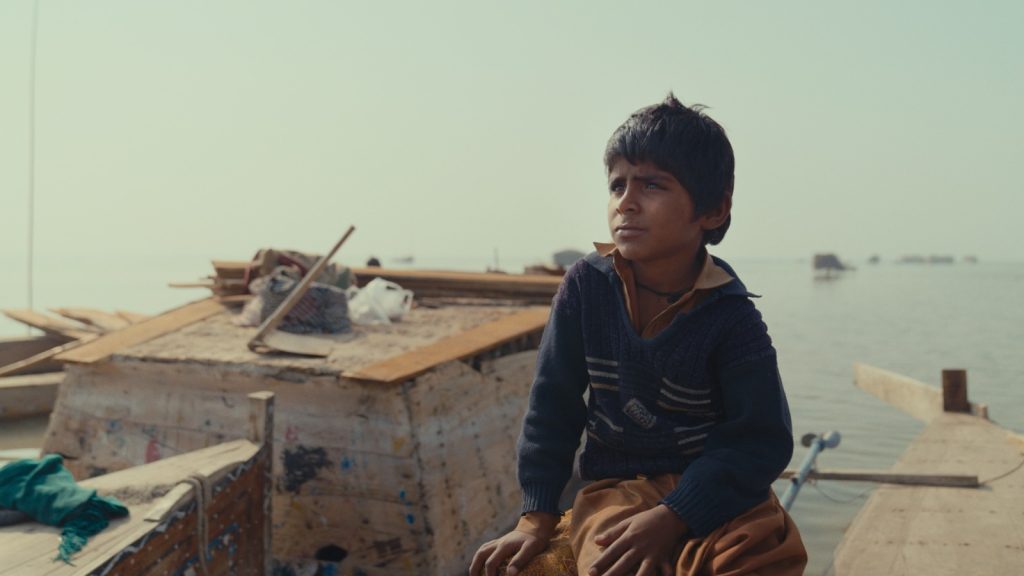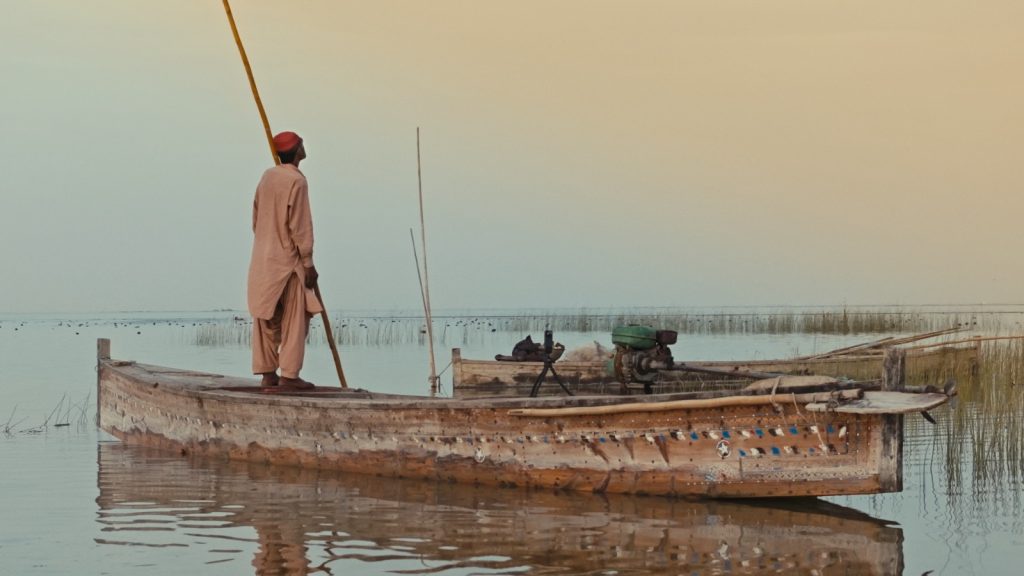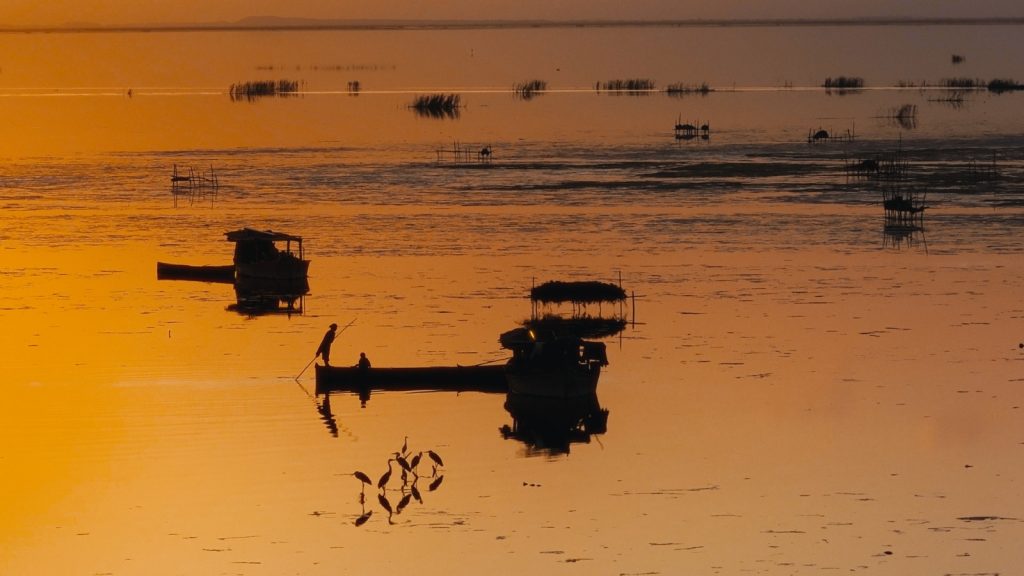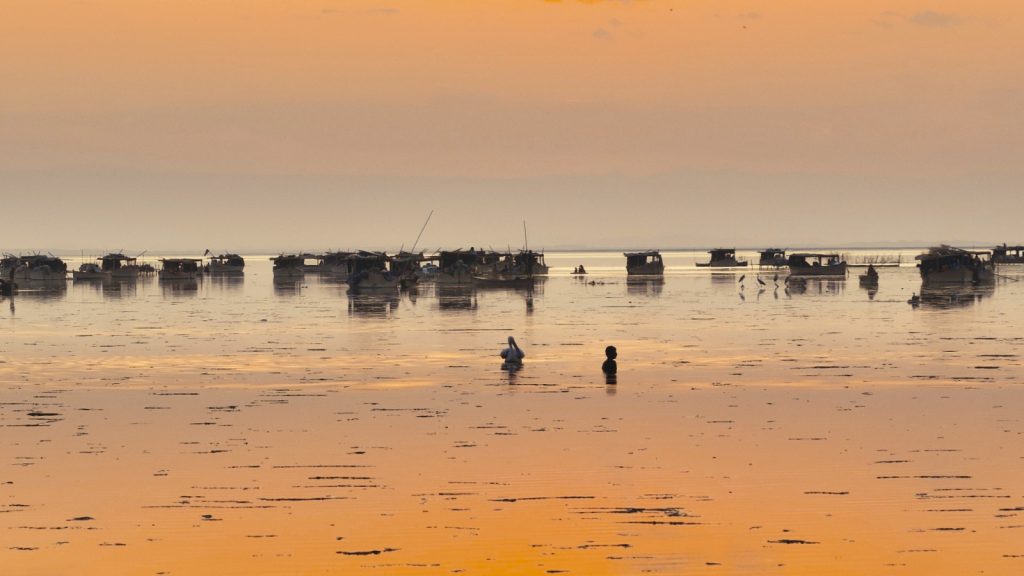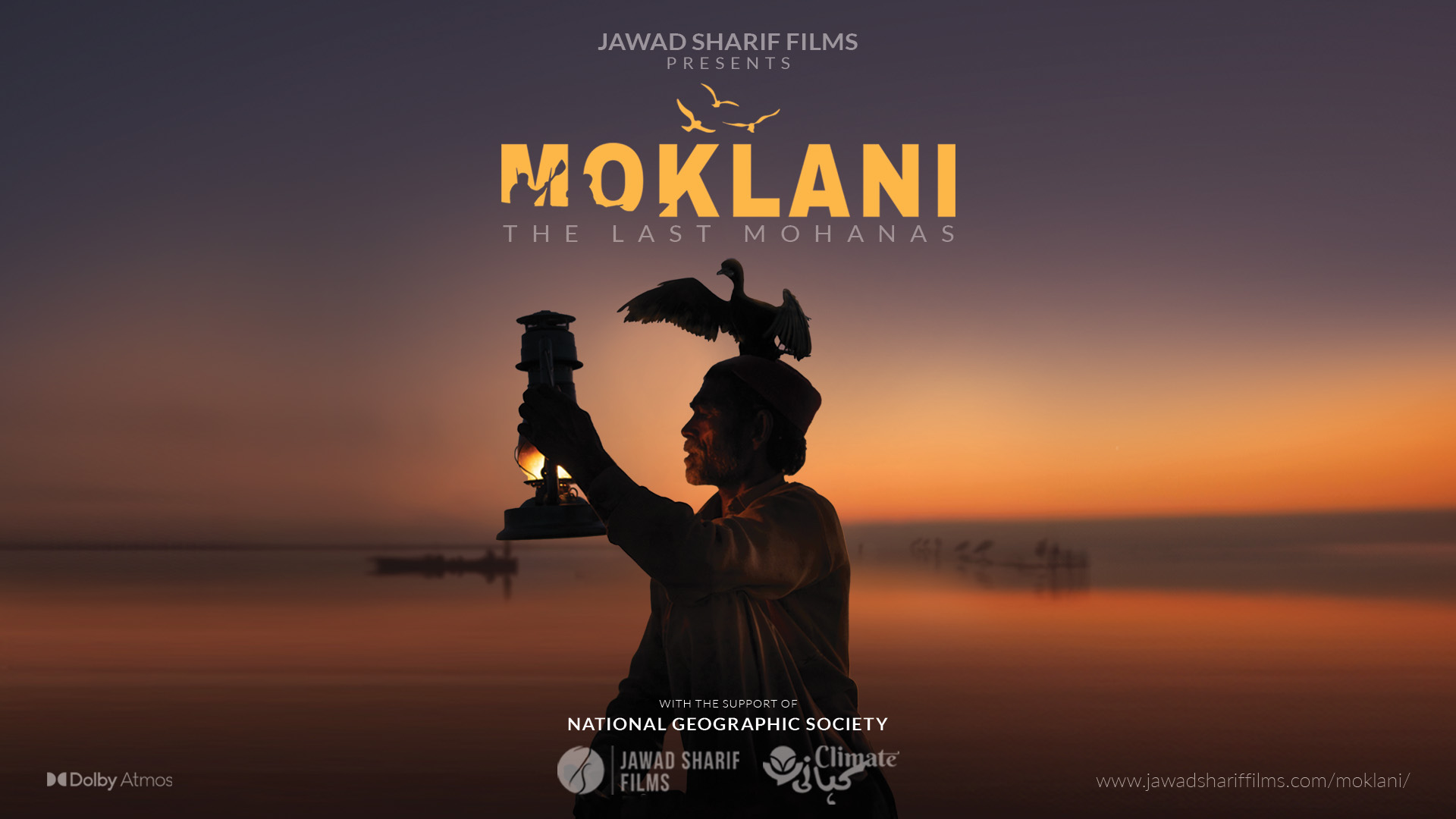
Moklani - The Last Mohanas
TRAILER | AWARDS & MENTIONS | SCREENINGS | ARTICLES & PUBLICATIONS | MEDIA INTERVIEWS | ABOUT THE DIRECTOR |
DIRECTOR’S STATEMENT | FEATURING | BEHIND THE SCENES | THE TEAM | TAKE ACTION
Logline:
Moklani is the story of the Mohanas, an indigenous fisherfolk community on Manchar Lake, as they face the sorrow of bidding farewell to a unique heritage that has sustained them for centuries.
Synopsis:
Moklani follows the indigenous Mohana community as they navigate life on the floating boathouses of Manchar Lake in southern Pakistan, a place they have called home for generations. Once nourished by clean water and abundant fish, the lake is now poisoned by pollution and the slow violence of climate change. As the lake shrinks, so does a culture that has lived in harmony with nature for centuries.
At the heart of the story is Akbar, a boatman and father who has lived his entire life on the water. He faces a painful decision, whether to stay and hold on to a vanishing way of life or leave in search of a future his lake may no longer offer. Alongside him is Hakim Zadi, a woman of quiet strength and fierce resilience. Her life reflects the spirit of Mohana women, fishing, rowing, feeding families, and carrying forward traditions as their world unravels.
Through their eyes, we witness not only the ecological destruction of Manchar Lake but also the profound spiritual dislocation it brings. Some in the community remain deeply devoted to their ancestral waters. Others, especially the youth, dream of leaving. The film captures this tension between belonging and departure, past and future.
Moklani, meaning farewell, is not just a story of climate change; it is a poetic elegy for a culture on the verge of extinction. It is a plea, a witness, and a love letter to a vanishing world. Through lyrical imagery and intimate storytelling, the film becomes a meditation on loss, resistance, and the fragile threads that tie humanity to water, memory, and home.
Releasing Soon (WIP)
Spring 2026
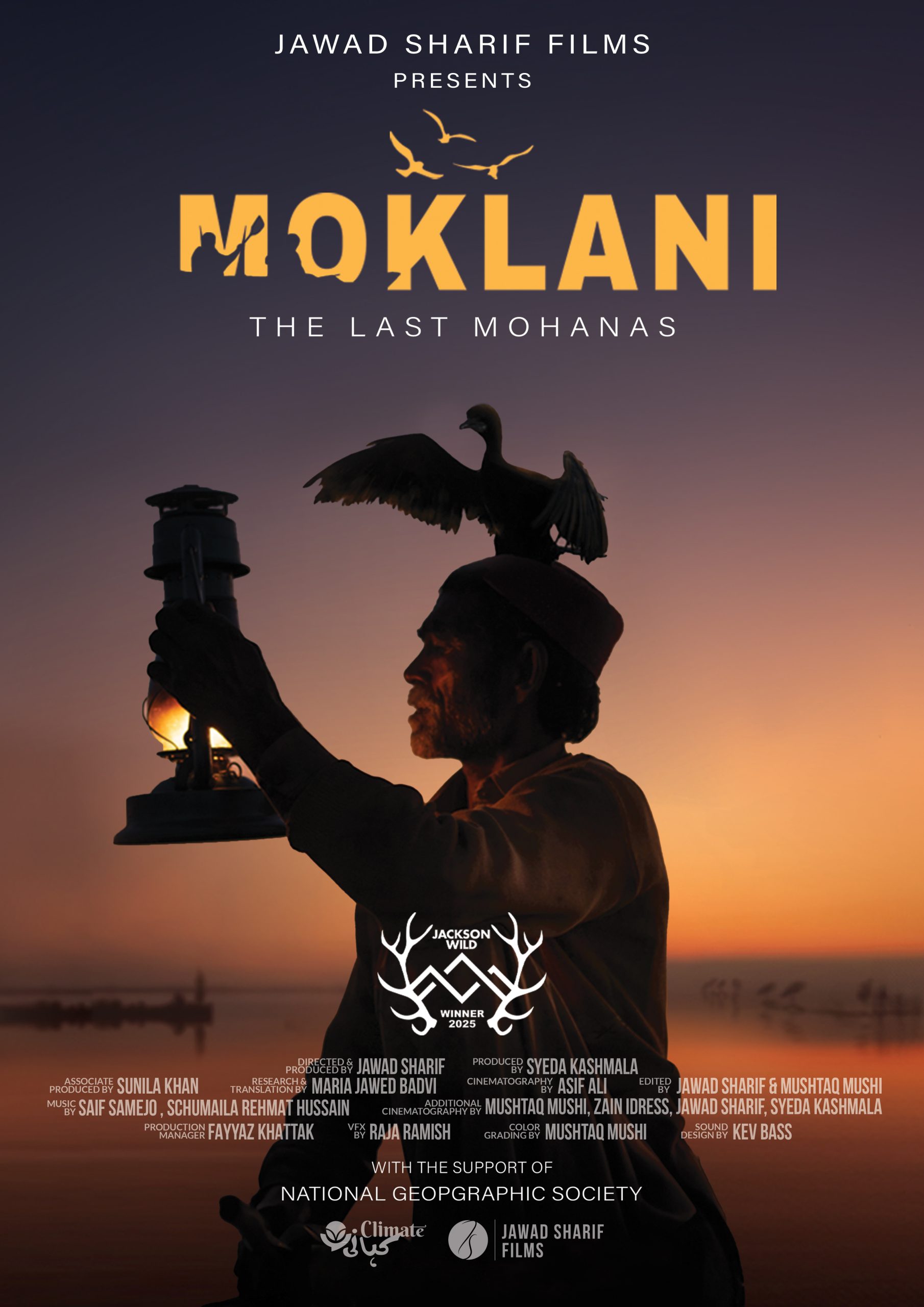
Moklani - Trailer
Inside the World of Moklani
Moklani – The Last Mohanas is a meditation on loss, resistance, and the fragile threads that tie humanity to water, memory, and home. The feature film is a spiritual reflection on a community, a lake, and a culture standing at the brink of disappearance.

The story of the documentary film unfolds through the lives of the community who embody this struggle, the characters whose choices and strength carry the soul of the film.

In Moklani, the timeless bond of Mohanas with the lake flows through every frame. The bond that runs generations deep. For over a century, the Mohanas have lived and breathed the rhythms of Manchar’s waters.

Moklani – The Last Mohanas blends poetic realism with raw observation. Its soul is carried by the music, composed by Saif Samejo and Schumaila Rehmat Hussain, and elevated by Kiev Bass, who engineered and mastered it in Dolby Atmos for an immersive cinema sound. Every frame and every note of the film is crafted as a true cinematic experience for the big screen.

